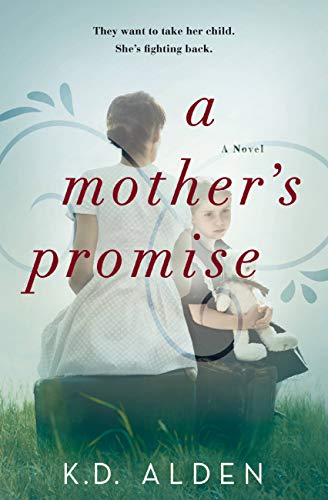A Mother’s Promise
In Buck v. Bell, Oliver Wendell Holmes—perhaps one of the most respected Supreme Court judges—wrote a majority opinion upholding Virginia’s right to sterilize “feeble minded” individuals to eliminate undesirable genes. That decision, which stood for the propriety of eugenics, a theory applied by the Nazis years later, has never been overturned, although states have repealed those laws, and the high court has weasel-worded its way around that stunningly awful decision.
In 1927, Ruth Ann Riley, the fictitious Carrie Bell, has been committed together with her mother to the Virginia Colony for the Epileptic and Feebleminded. After being raped by her foster parents’ nephew and giving birth to Annabel, Ruthie has been determined to be amoral and of low IQ. Dr. Price, the Colony doctor, fervently believes in weeding out the lesser of us. But Ruthie is none of those things: she can read and write, and all she wants is to be with Annabel.
When Ruth Ann refuses sterilization, which most at the Colony are subjected to, she is contacted by an attorney who purportedly will represent her gratis to bring the issue to the courts for disposition. Let’s just say that, as an attorney, I am neither impressed by his skills or his ethics. The case goes to SCOTUS, and Holmes writes for the majority in a shameful decision.
This is an extraordinary debut novel about atrocities to which some of our citizenry were subjected. It isn’t easy to read without becoming physically ill at points, furiously enraged at others, and beaming with delight, love and respect for those allegedly “feeble minded” folks at the end. Ruthie, Clarence, Sheila—even aide Ruby—are exquisitely drawn in all their pain and glory.
Inhumanity is not of recent vintage. This is one of those must-read books that speaks to how we might overcome that repulsive part of our natures.










